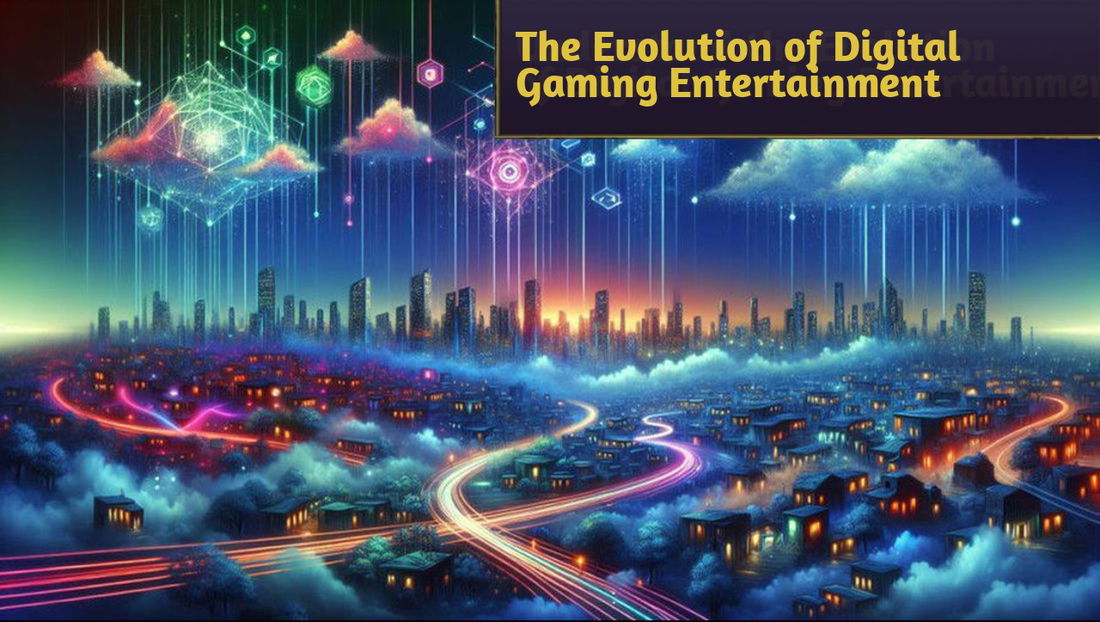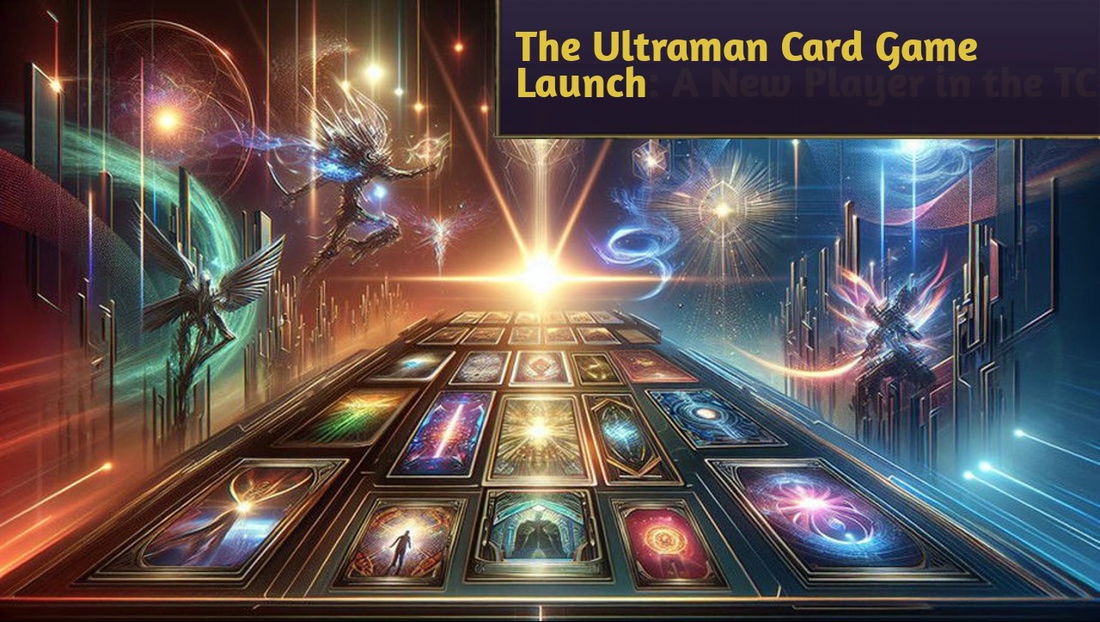The industry's rapid digitalization has revolutionized how players interact with card-based entertainment.
The digital card gaming sector continues to grow steadily, driven by technological innovations and cross-platform integration. The emergence of blockchain technology has further revolutionized card collecting and trading, with digital assets becoming increasingly valuable in the gaming ecosystem.
The convergence of traditional and digital card gaming has created unique opportunities for skill development and entertainment. Players now navigate a rich ecosystem where physical card collections coexist with digital assets, creating multiple pathways for engagement and mastery. This hybrid approach has enhanced the overall gaming experience while preserving the fundamental appeal of card-based strategy.
Understanding the casino card game landscape
Digital gaming platforms continue to evolve, offering diverse experiences for card game enthusiasts. For players seeking variety in their gaming options, many online casinos offer a wide selection of card games. Digital card game platforms have experienced substantial growth in user engagement over recent years, reflecting the increasing popularity of online gaming. You can easily discover the best non GamStop casinos with just a quick Google search and start playing today.
Modern casino platforms have introduced innovative features like live dealer games and multiplayer tournaments that bridge the gap between traditional casino experiences and online gaming. These advancements have created more authentic and engaging environments for players while maintaining the convenience and accessibility of digital platforms. The integration of social features has also fostered community building among players, adding a new dimension to the gaming experience.
Strategic similarities between gaming formats
There are significant overlaps in skill development across different card gaming formats. Competitive card game players demonstrate enhanced pattern recognition and strategic planning abilities that translate across multiple gaming environments. These insights have influenced how major gaming companies design their products.
The fundamental principles of resource management and strategic timing remain consistent across different card gaming formats. Whether playing collectible card games or casino classics, successful players demonstrate mastery of these core concepts. This transferability of skills has led to the emergence of versatile players who excel across multiple card gaming disciplines, challenging the traditional boundaries between different gaming communities.
Mastering probability and risk assessment
The integration of artificial intelligence in card gaming has revolutionized how players approach strategy and probability assessment. Modern gaming platforms utilize sophisticated algorithms to create challenging yet fair gaming environments, while players leverage data analytics tools to improve their performance. This technological advancement has created more sophisticated and engaging gaming experiences for players at all skill levels.
Advanced statistical analysis tools have become increasingly accessible to players at all levels, democratizing the process of strategy optimization. These tools enable players to make more informed decisions by analyzing patterns and probabilities in their gameplay. The integration of machine learning algorithms has also enhanced the ability to identify optimal playing strategies and adapt to changing game conditions.
Building a professional gaming mindset
Professional gaming organizations emphasize the importance of a systematic approach to skill development. Structured training methods consistently improve player performance across various card-based formats. The implementation of dedicated practice routines and strategic analysis has become fundamental to success in competitive gaming.
Continuous learning plays a vital role in professional gaming success. Players who engage with advanced training programs and analytics tools achieve better results across all forms of competitive card gaming. This commitment to improvement has become a defining characteristic of successful players in both traditional and digital card gaming environments.
The evolution of card gaming continues to accelerate with technological advancement. Virtual reality and augmented reality technologies are beginning to create immersive gaming experiences that blend traditional card game mechanics with cutting-edge digital innovations. These developments are opening new possibilities for both casual players looking to collect cute Yu-Gi-Oh! cards and professional gamers while maintaining the core strategic elements that make card games engaging and challenging.
The accessibility of online platforms has democratized competitive card gaming, allowing players from different regions to compete and collaborate. This global connectivity has led to the emergence of diverse playing styles and strategies, enriching the overall gaming experience. The combination of traditional gaming wisdom with modern technological tools has created a dynamic and evolving landscape for card game enthusiasts.
Mental resilience and emotional control have emerged as crucial factors in professional gaming success. Players who develop strong psychological foundations consistently outperform their peers in high-pressure situations. Professional gaming organizations now incorporate mental health coaching and stress management techniques into their training programs, recognizing the importance of psychological well-being in competitive performance.











— Comments 0
, Reactions 1
Be the first to comment